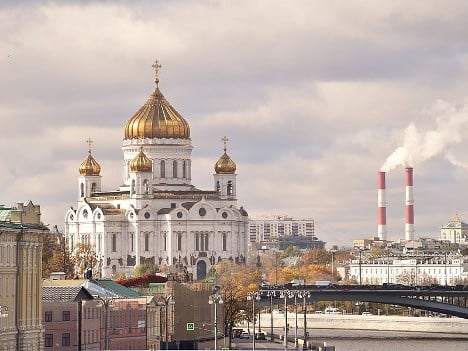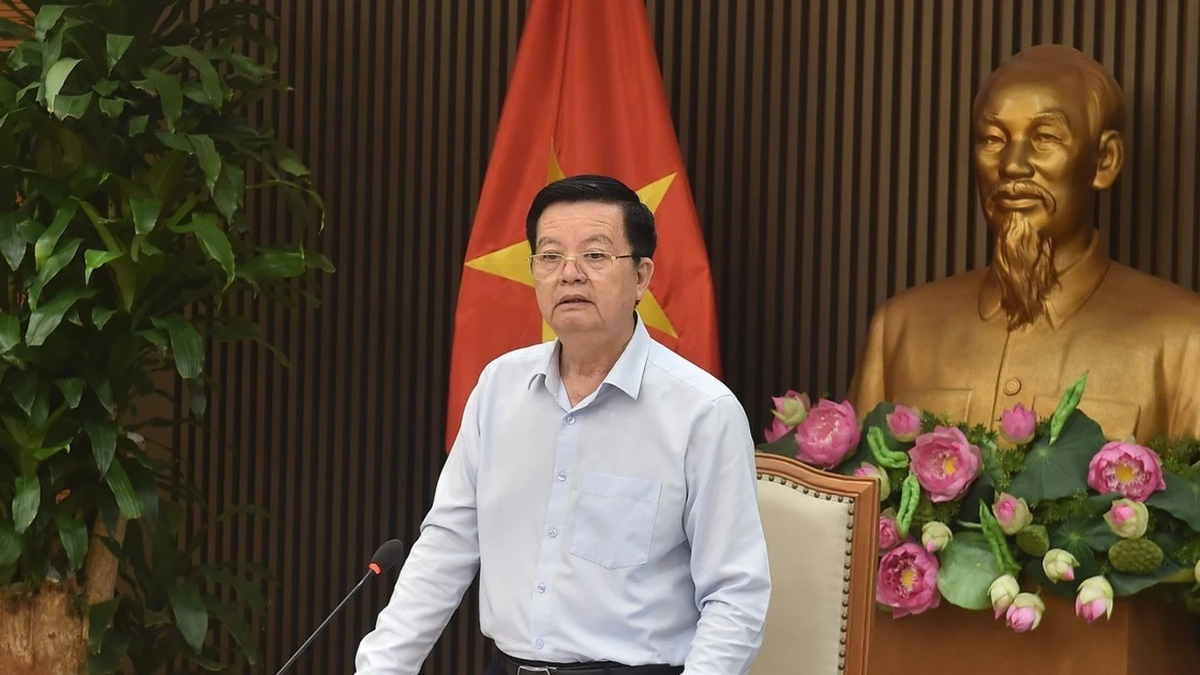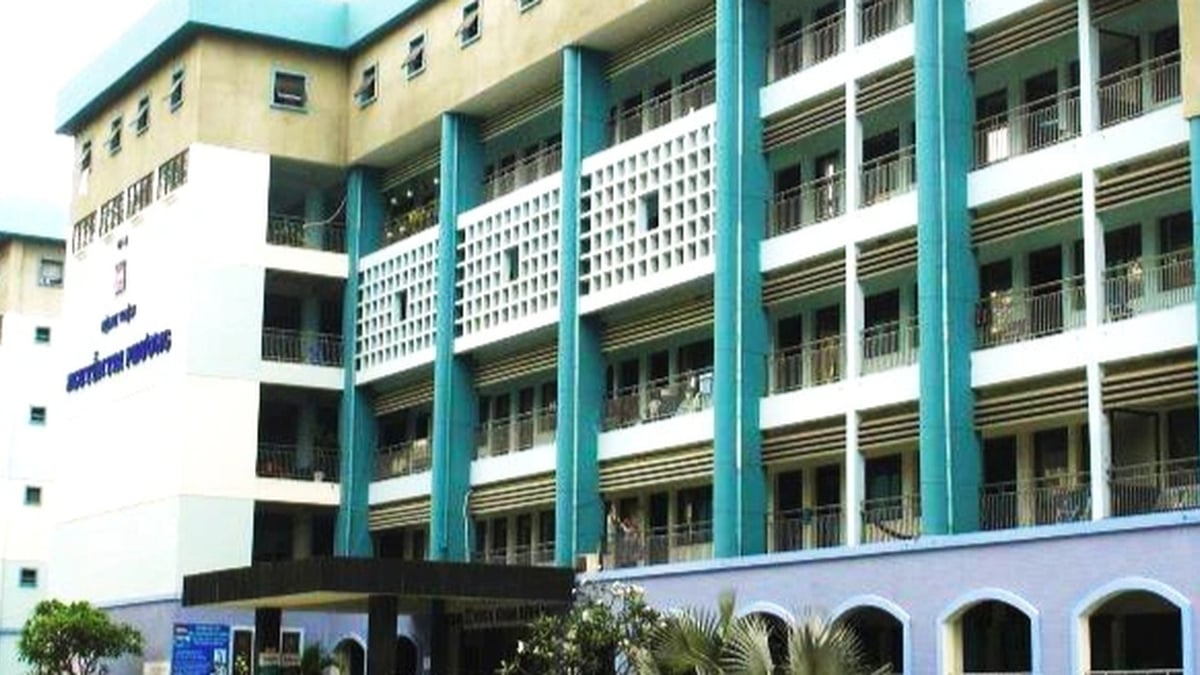 |
| According to German economic experts, the Russian economy remains resilient against the storm of sanctions from the West. Illustration photo. (Source: uni-bremen.de) |
German economist and professor at the University of Bremen Michael Rochlitz said on January 6 that the 2008 financial crisis, sanctions and the COVID-19 pandemic have put significant pressure on Russia. However, all these crises have helped form competent regional governments that know what to do in exceptional situations.
The Central Bank of Russia has reacted very competently to the volatile situation with drastic changes. In early March 2022, the key interest rate was raised to 20%. In addition, export control was introduced for a short time.
This helped avoid the initial shock of sanctions. On the other hand, Russia has eased controls on gas and oil exports and secured fuel supplies for export.
Russia has significantly increased its investment in the defense sector, leading to a high demand for labor. In early 2023, experts said that the economy could not sustain this situation. Meanwhile, it is clear that in 2023, investment in defense helped the Russian economy grow by 3.5%.
Russia has been able to mobilize countries that have their own problems and want to continue buying cheap Russian oil. Professor Rochlitz believes that the growing potential conflict between the West and the South on the one hand, and with countries such as India, China, Brazil on the other, has led to the failure to create a common sanctions front against Russia.
On the same day, speaking on Russia-24 TV channel about the results of the Russian nuclear industry's operations in 2023 and plans for the following year, General Director of the Russian nuclear energy corporation Rosatom, Mr. Alexey Likhachev, said that despite external pressure, Rosatom continues to maintain its global leading position, setting a new record in 2023.
2023 is a comprehensive and generally positive year for Russia's nuclear energy industry. "We continue to maintain our global leadership, once again achieving records in total revenue, foreign revenue, and new products," said the head of Rosatom.
Director General Likhachev noted that the Northern Sea Route has achieved important results, the most modern 3+ generation nuclear power plant - the Belarusian Nuclear Power Plant, has been handed over to the customer.
Talking about short-term and long-term plans, the head of the Russian nuclear industry noted that Russia will first focus on implementing President Vladimir Putin's directive on increasing the level of domestic nuclear energy use from the current 20% to 25%.
Source





























![[Photo] National Assembly Chairman attends the seminar "Building and operating an international financial center and recommendations for Vietnam"](https://vphoto.vietnam.vn/thumb/1200x675/vietnam/resource/IMAGE/2025/7/28/76393436936e457db31ec84433289f72)





































































Comment (0)